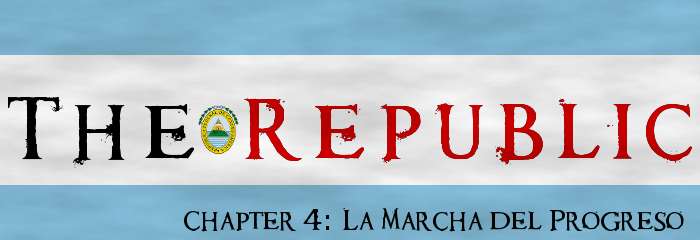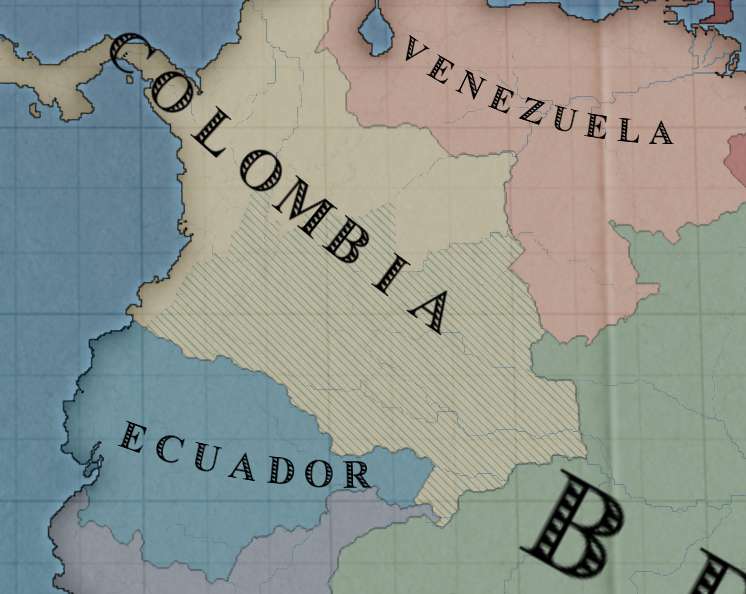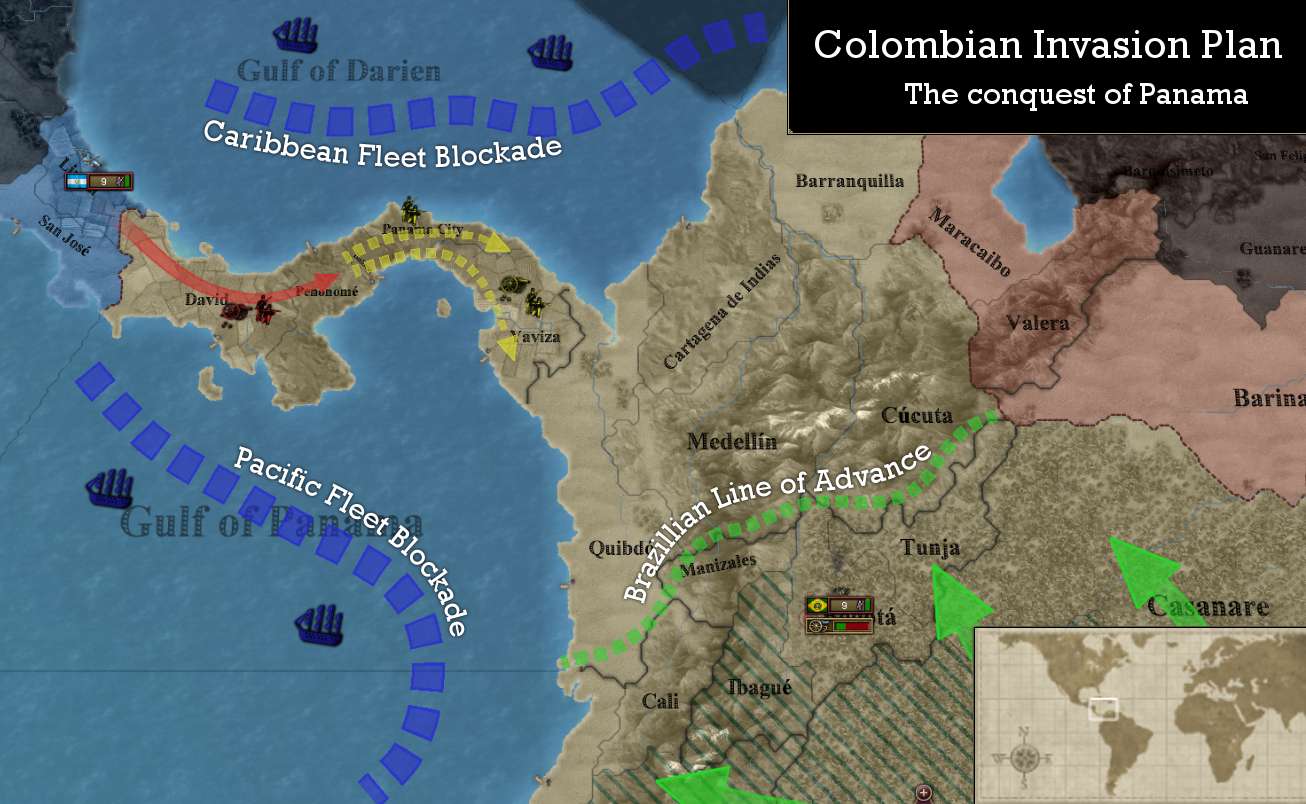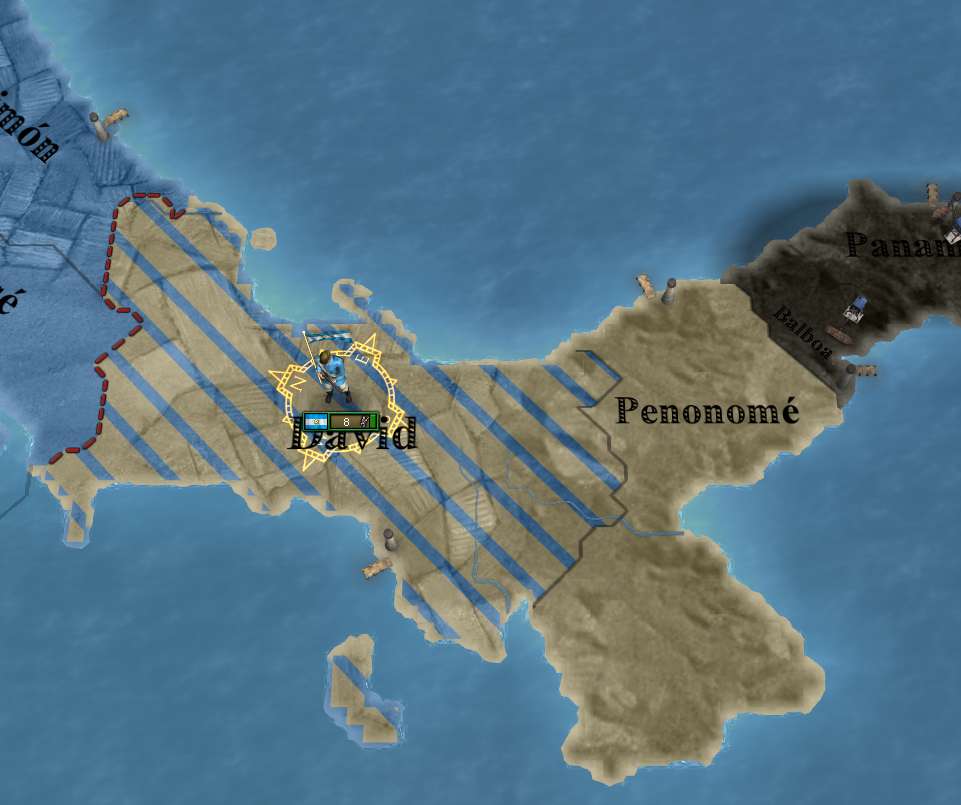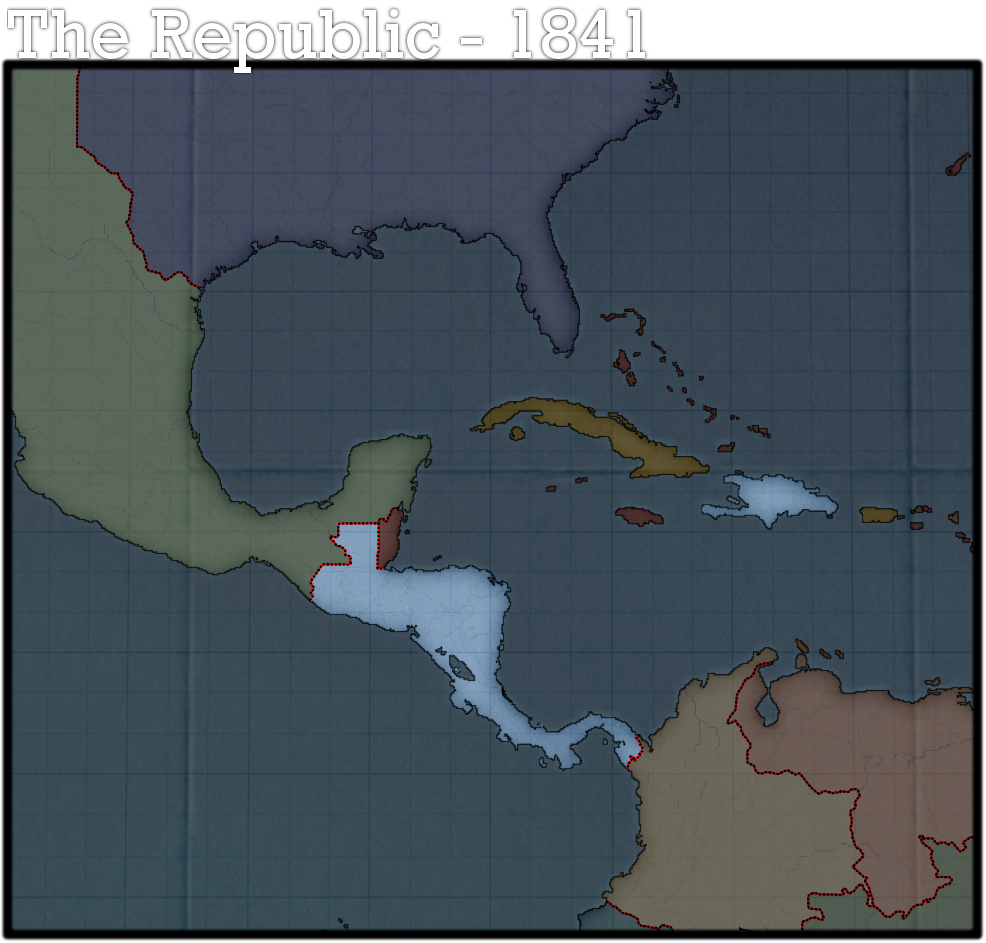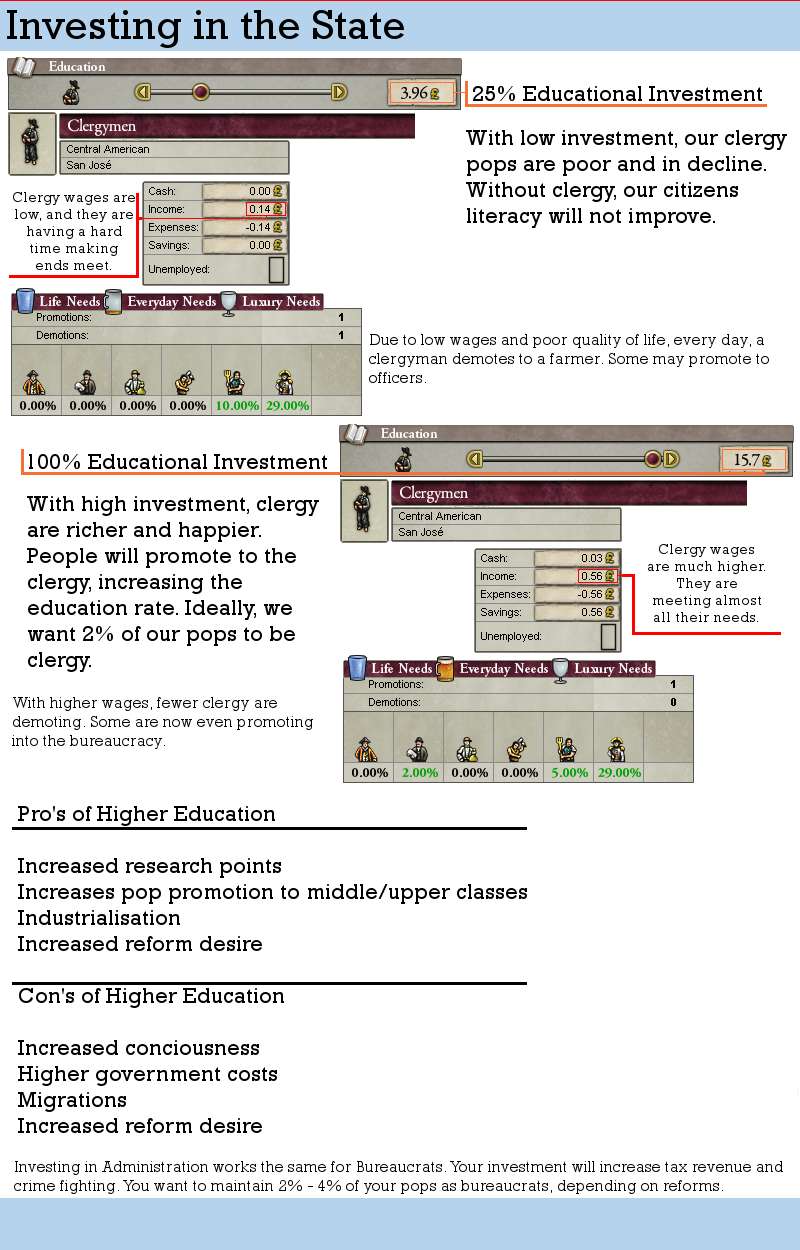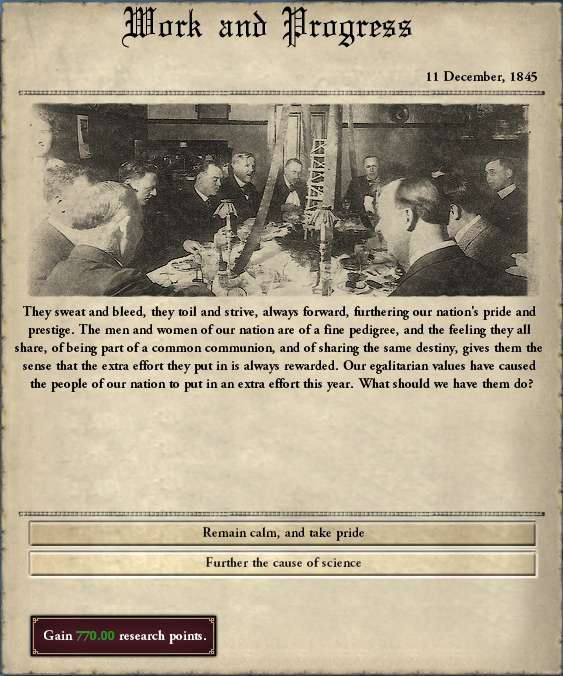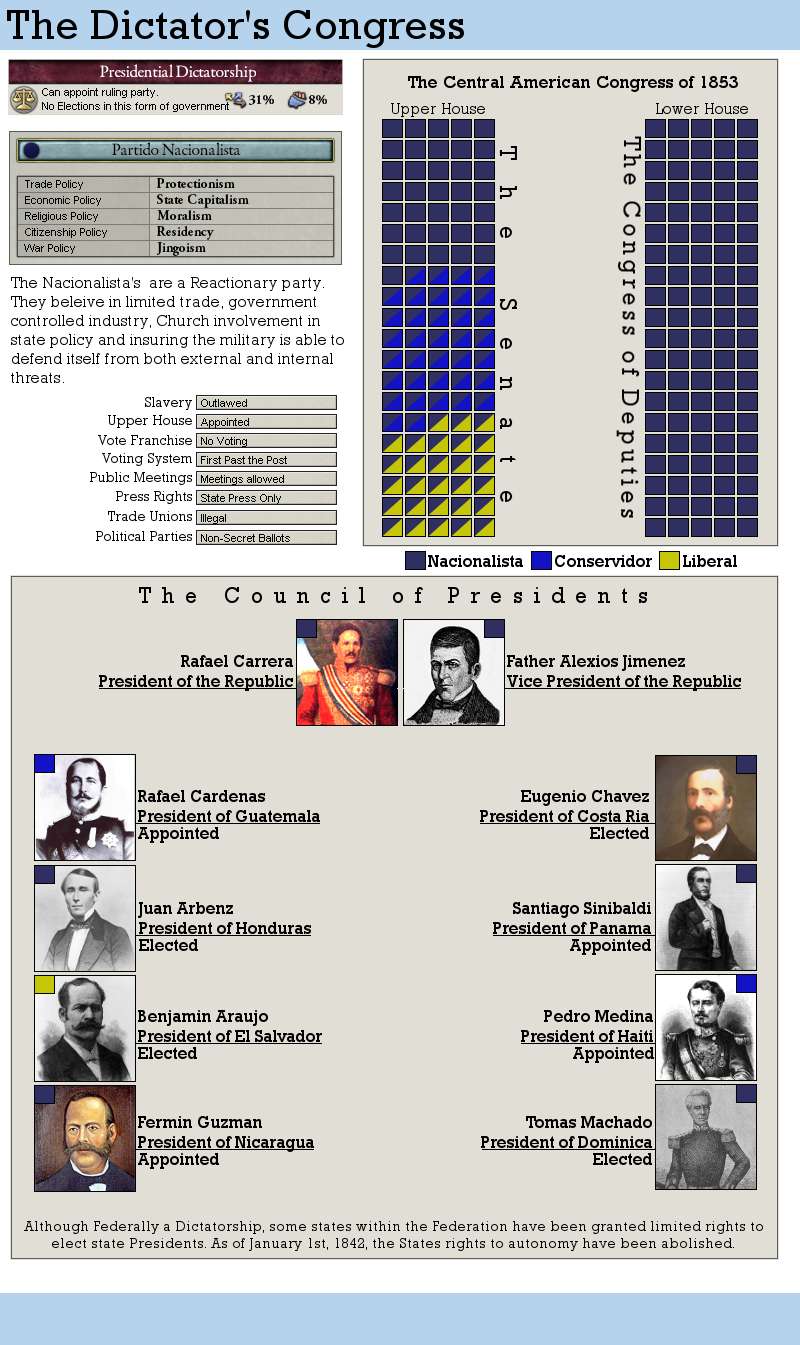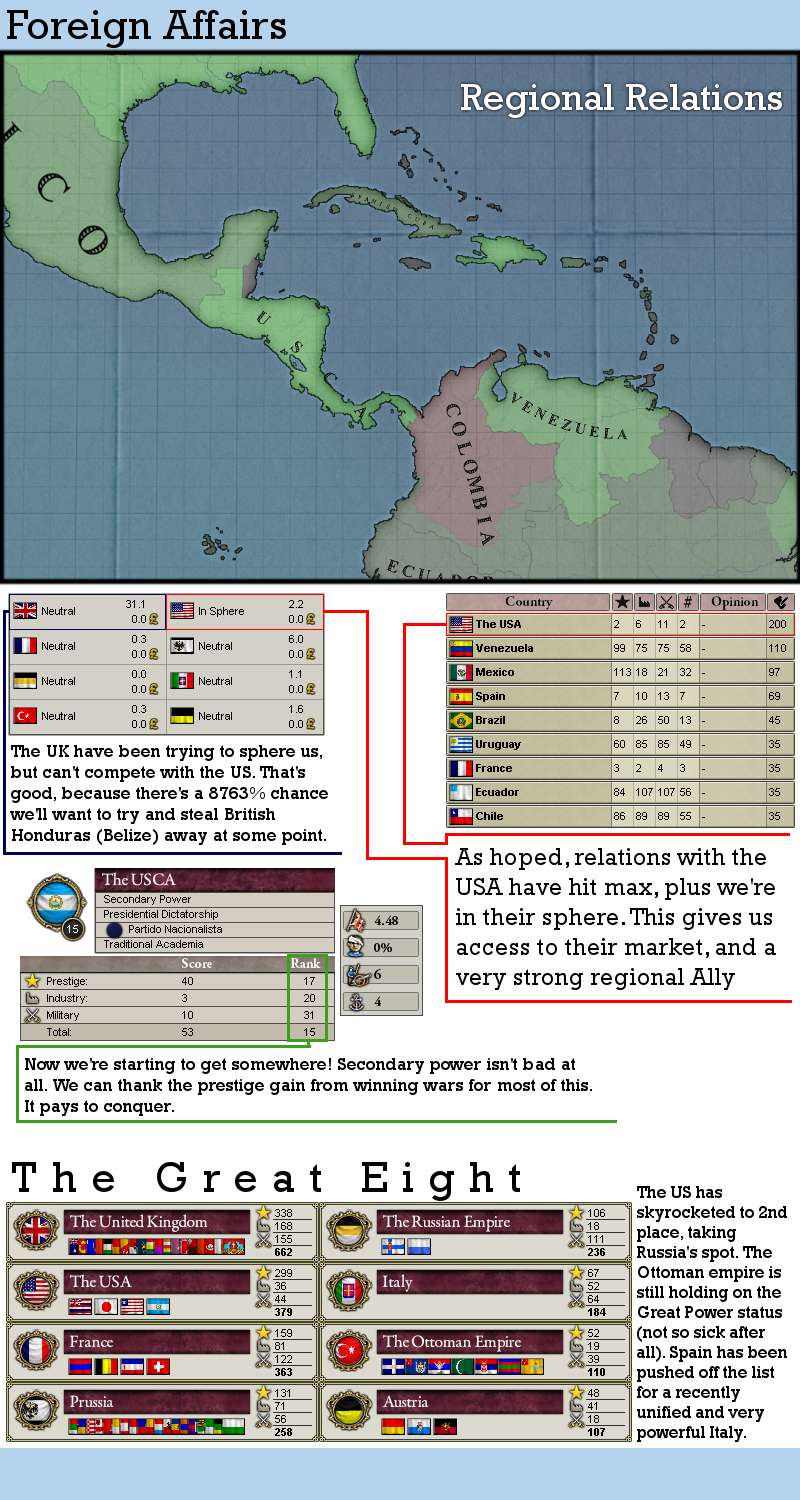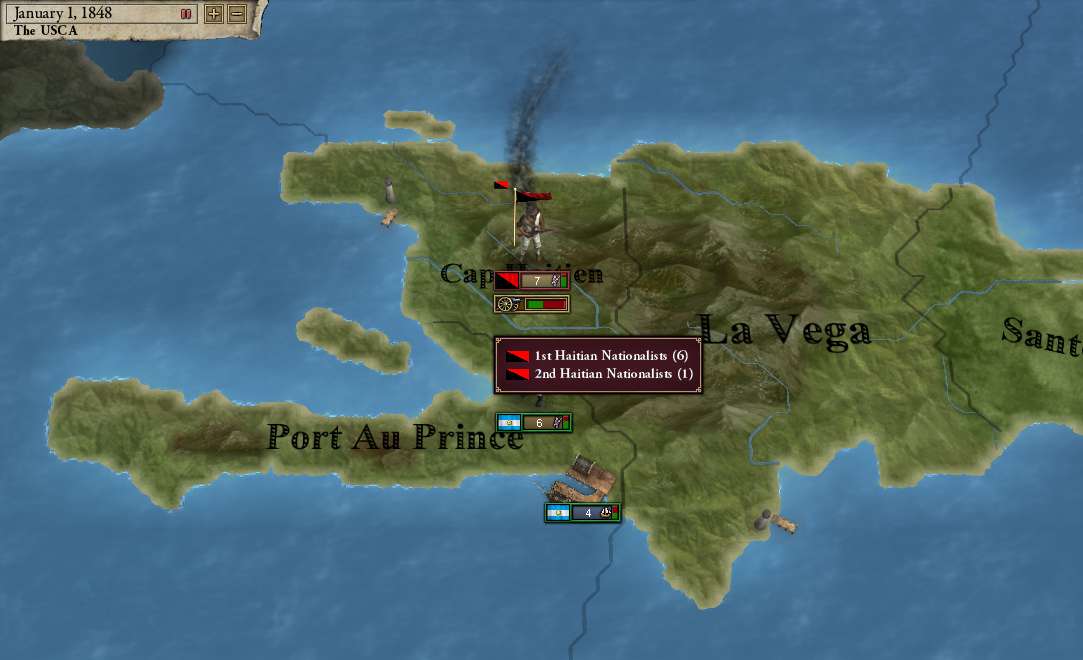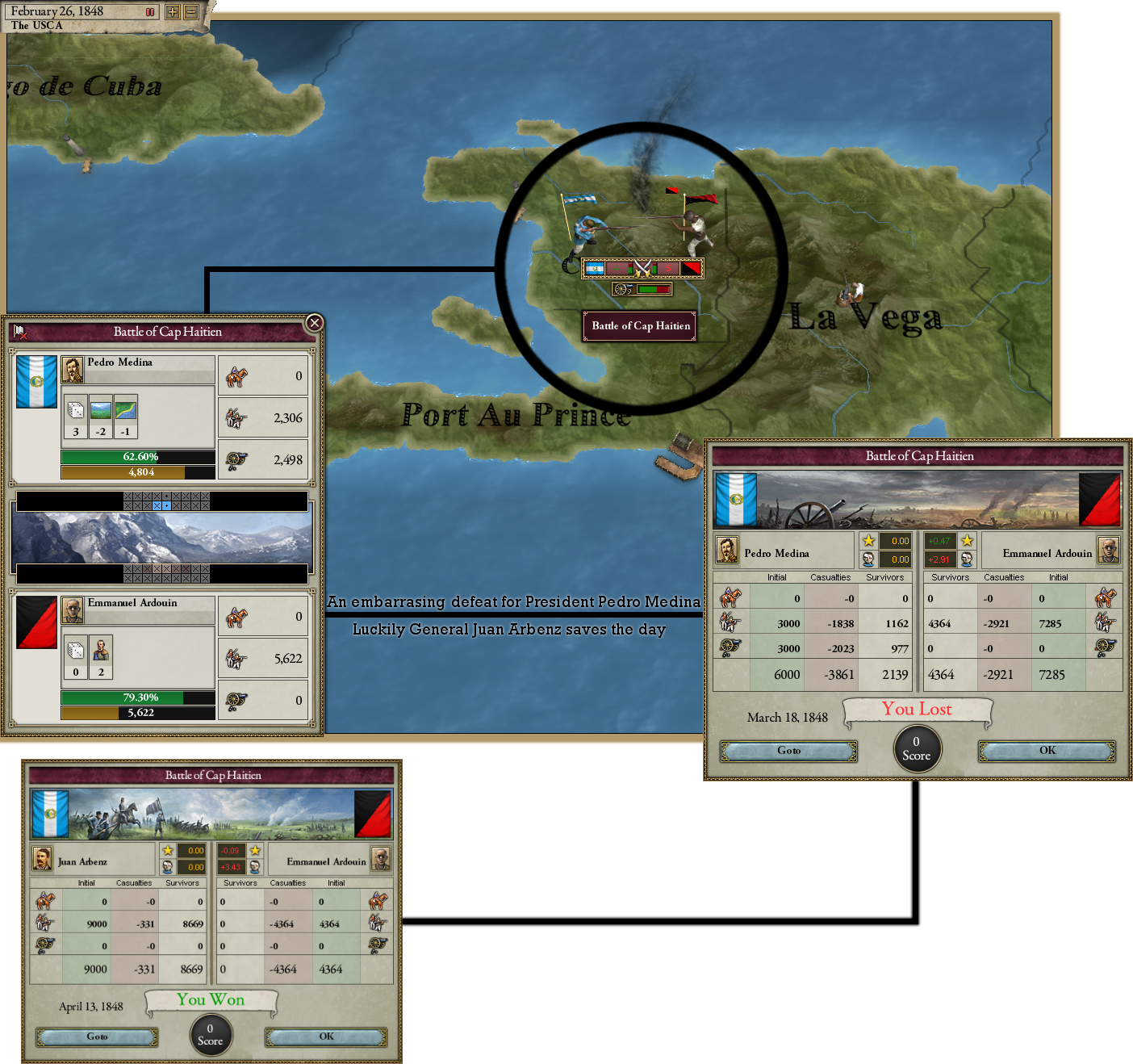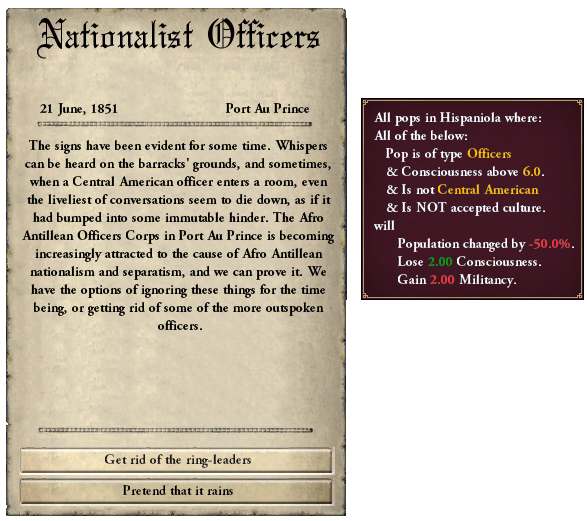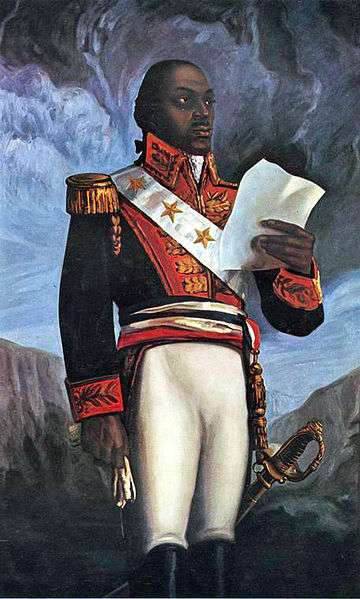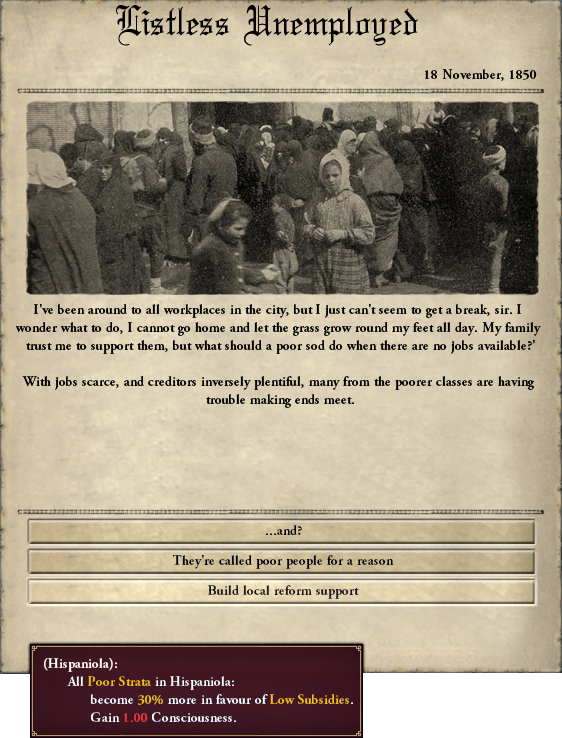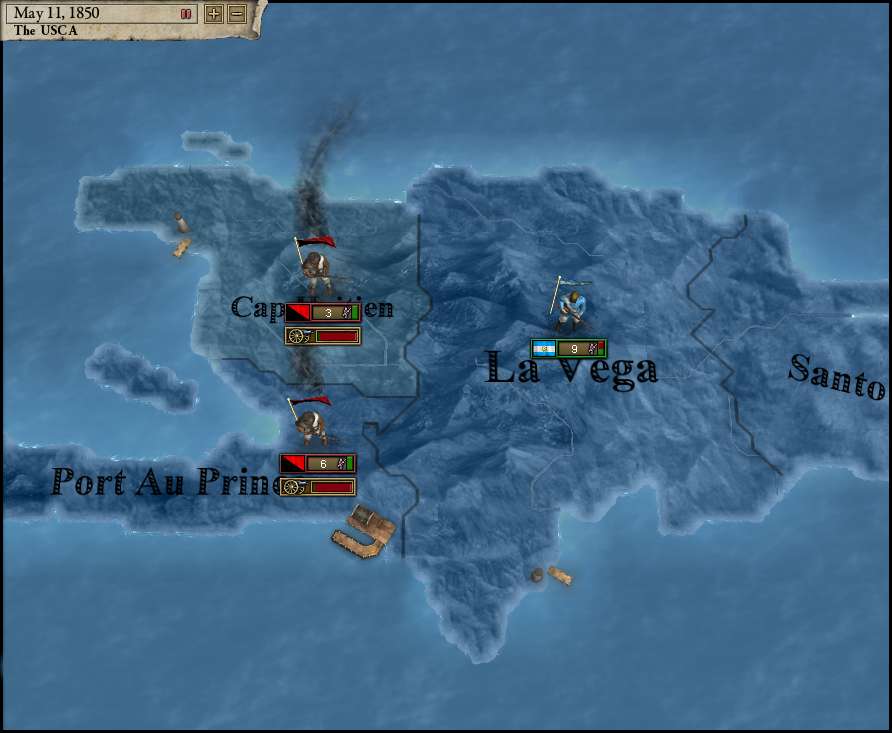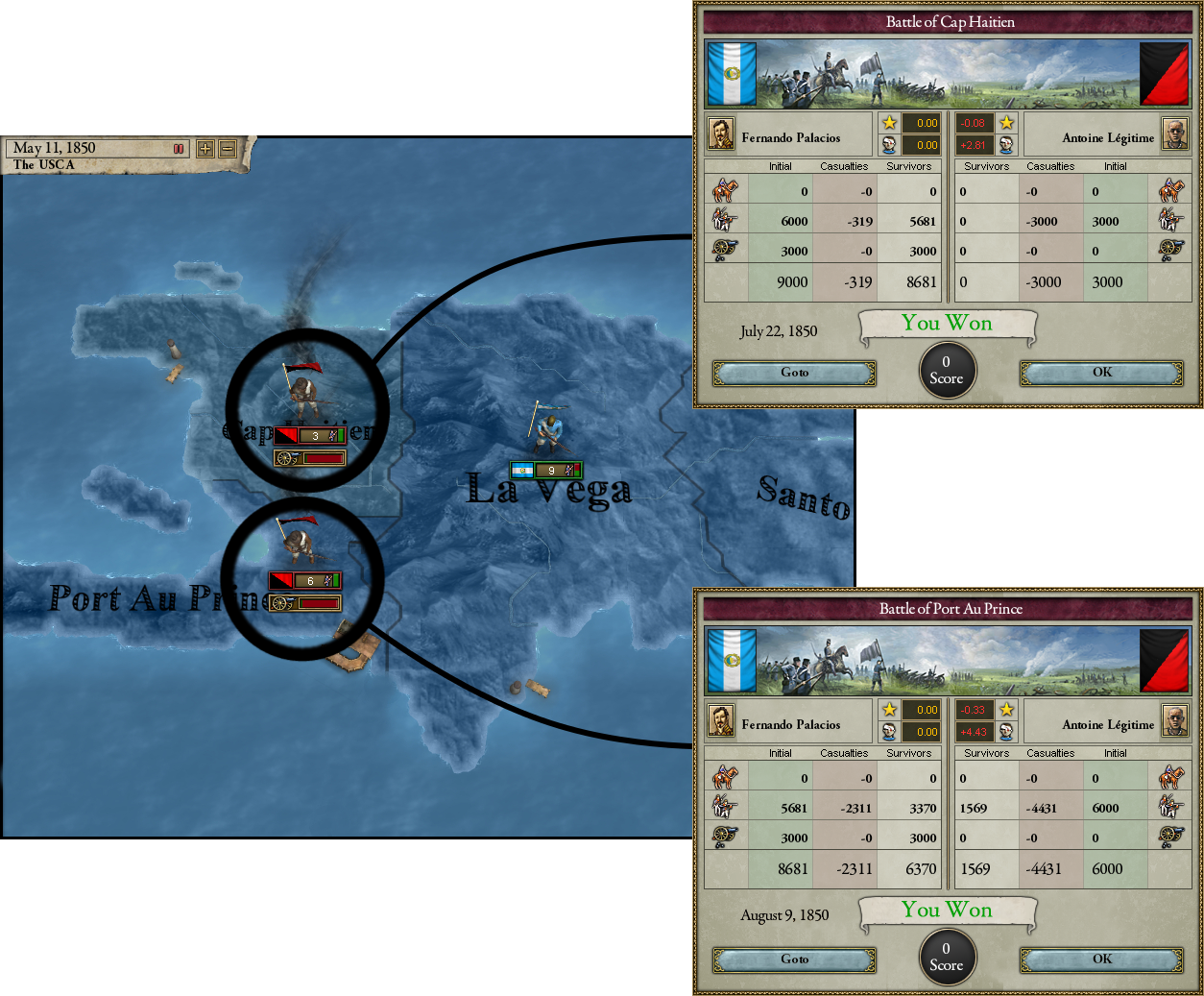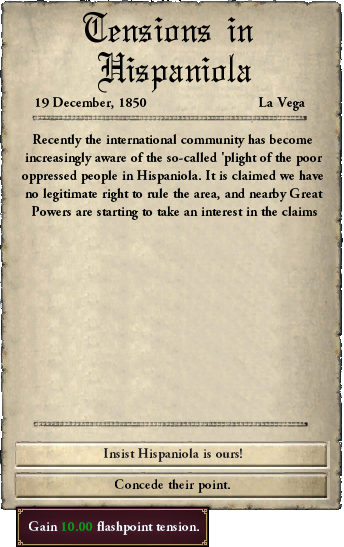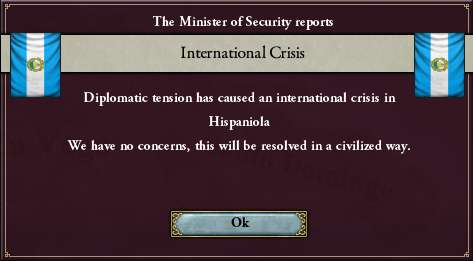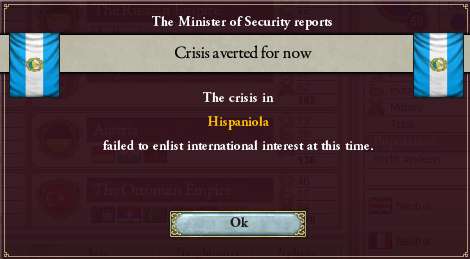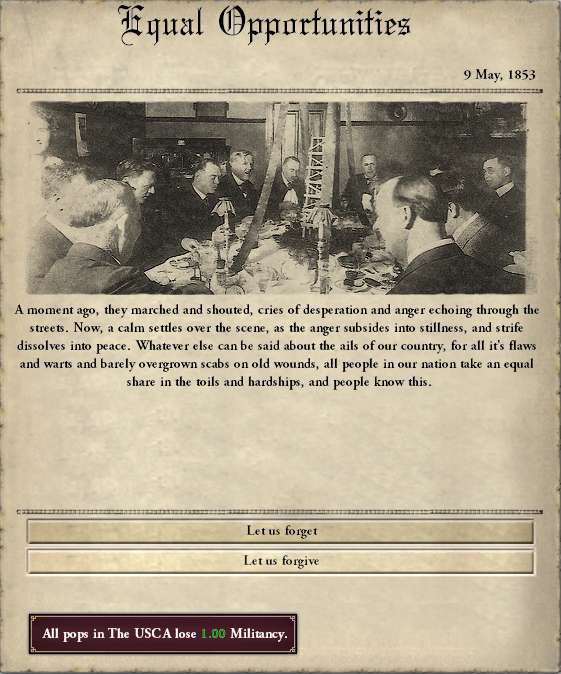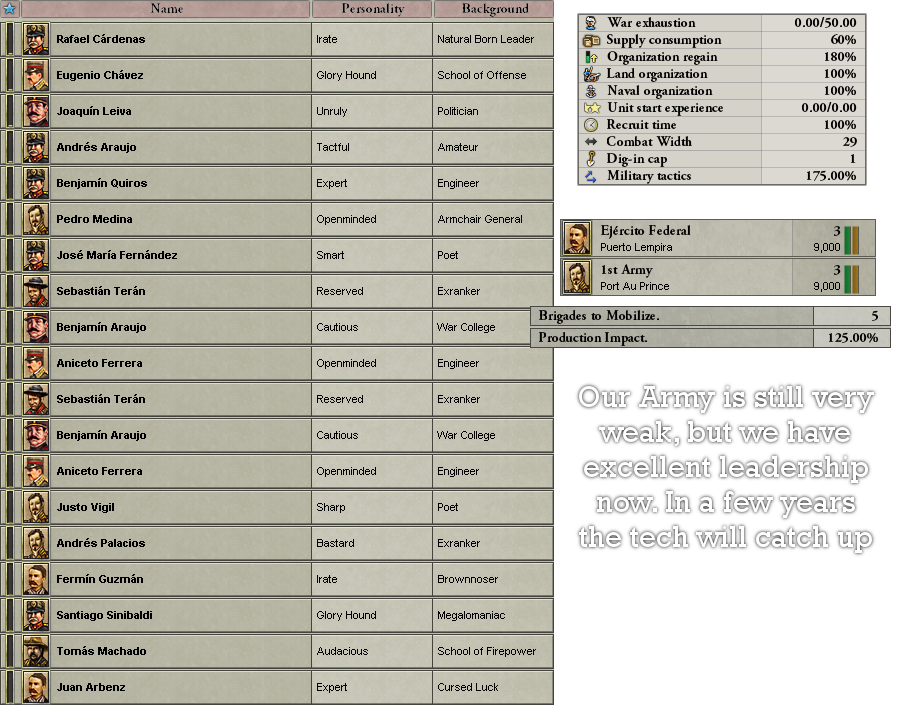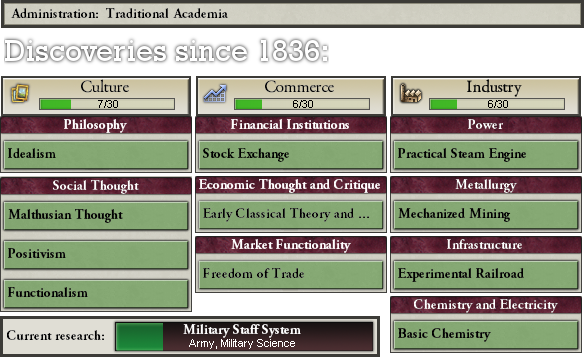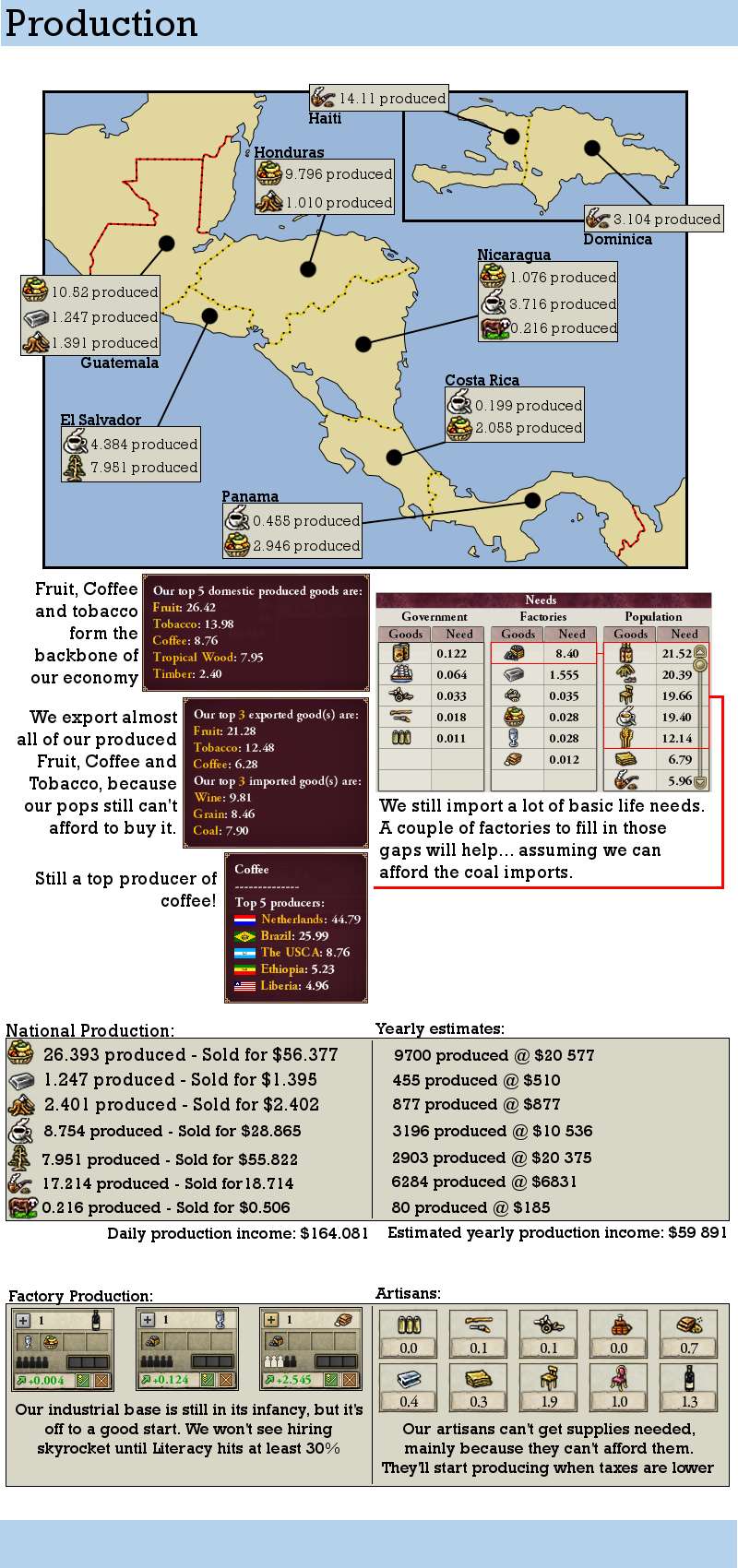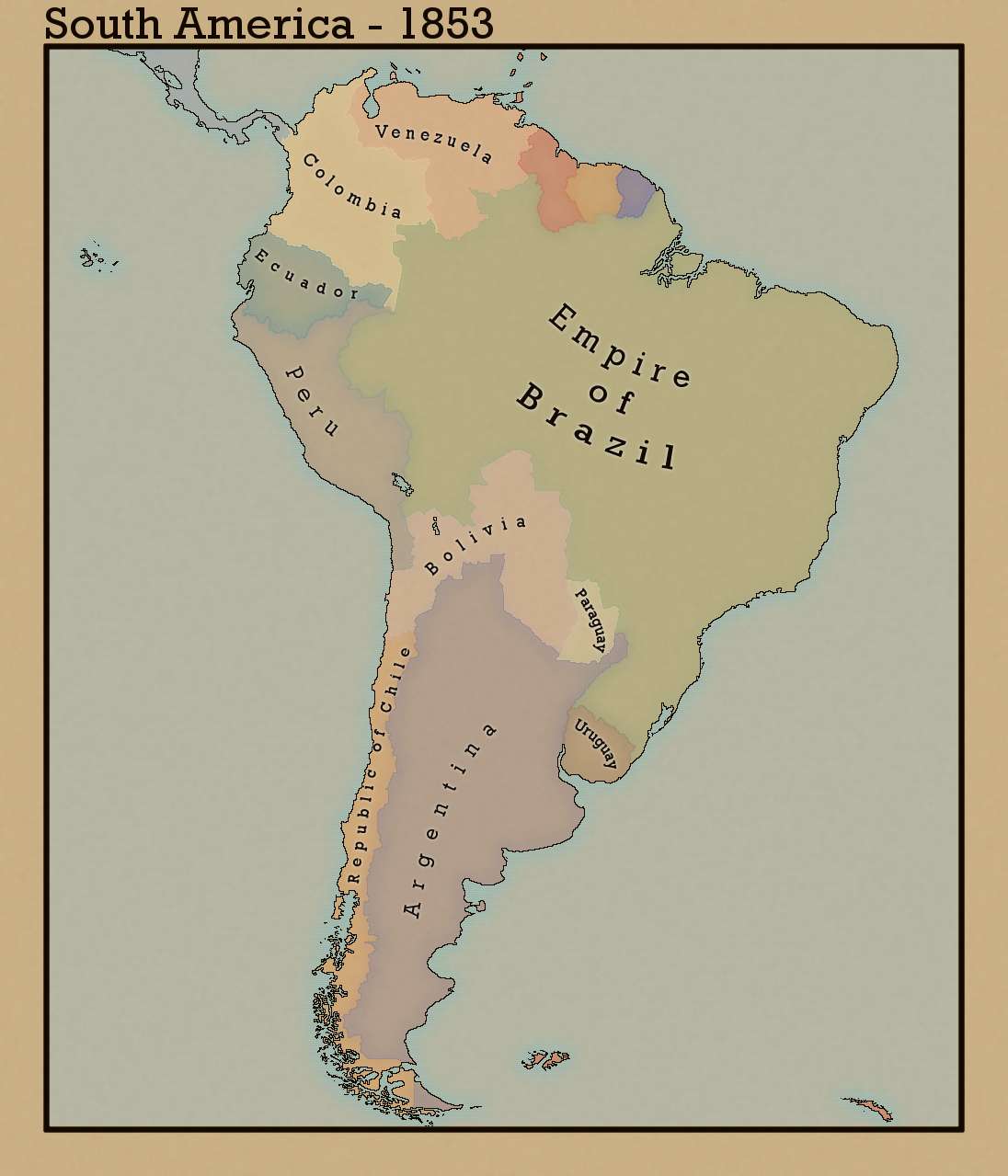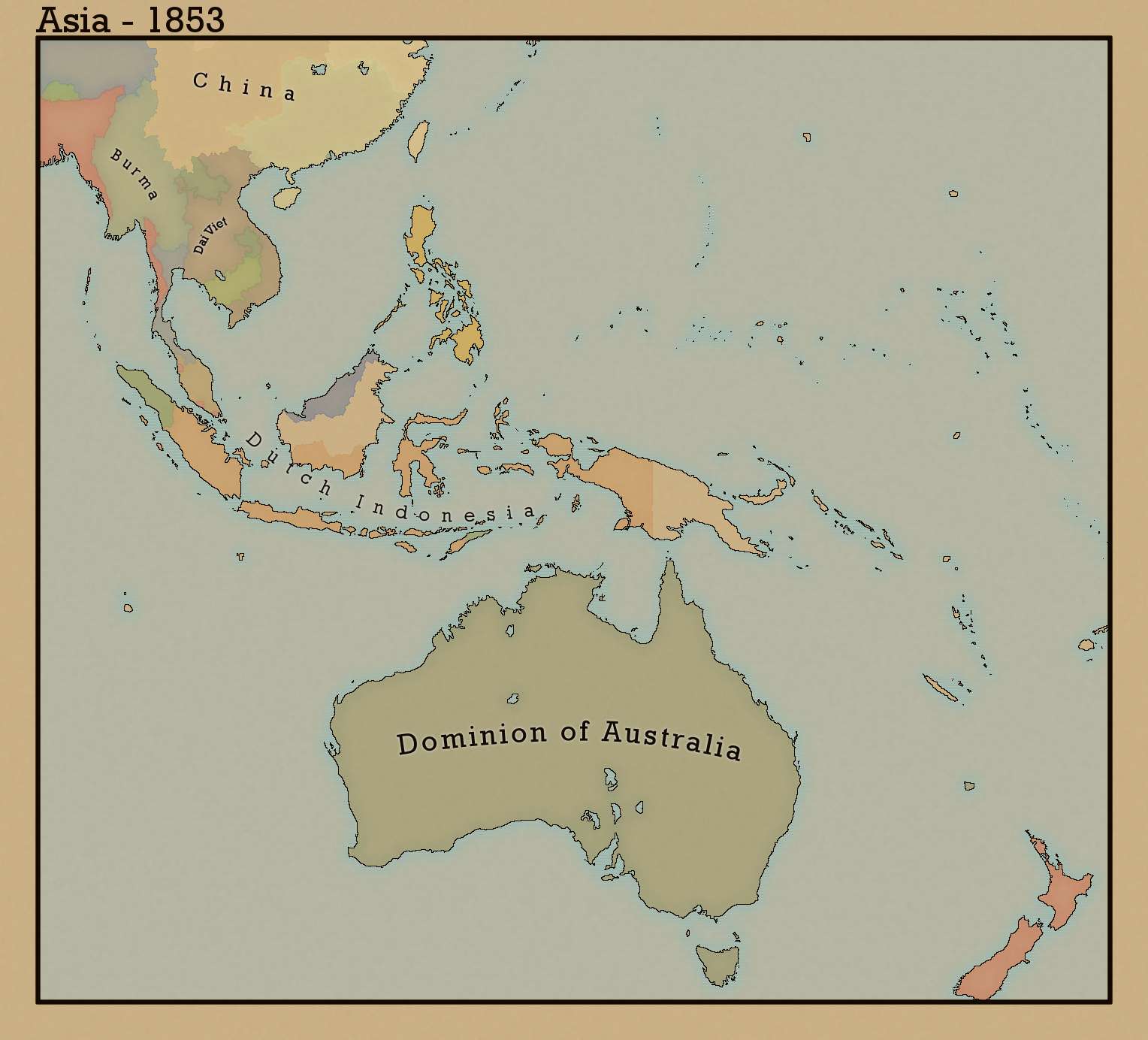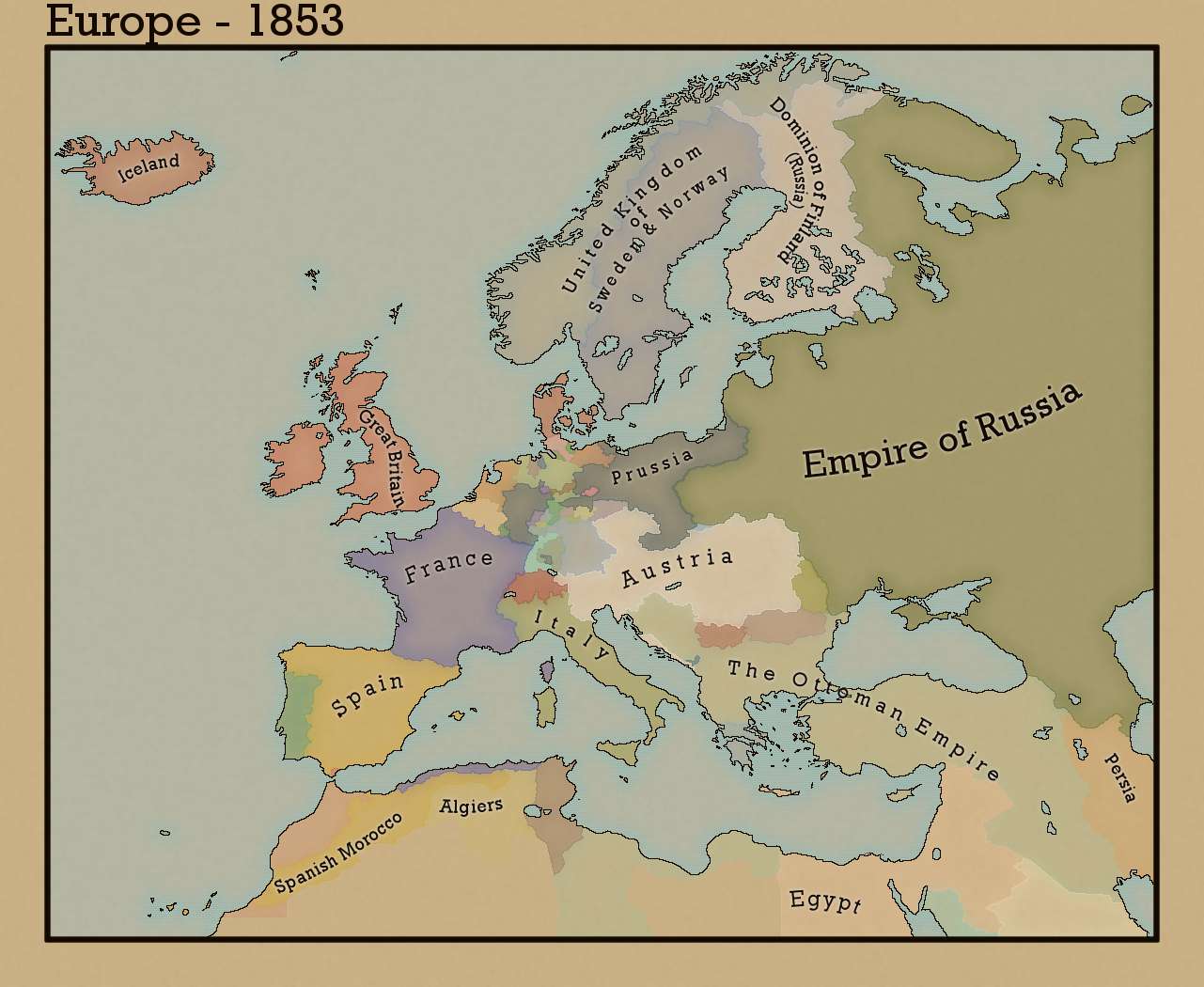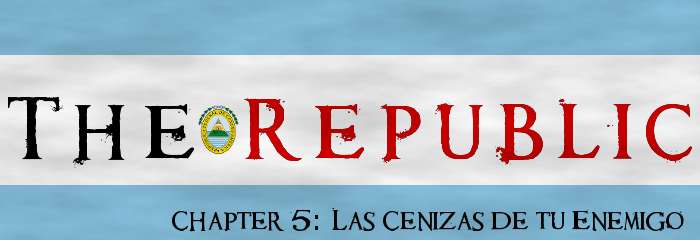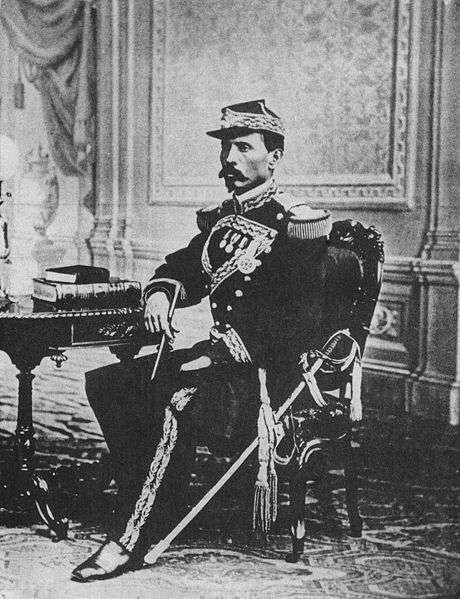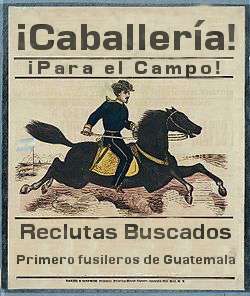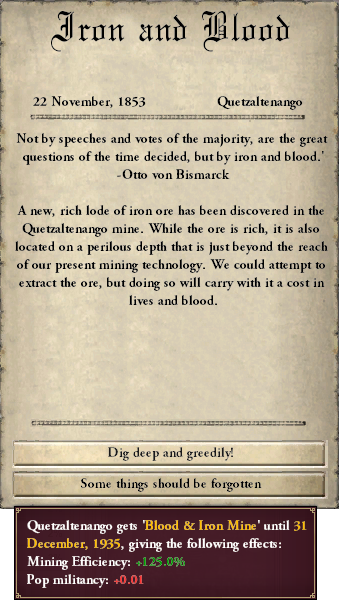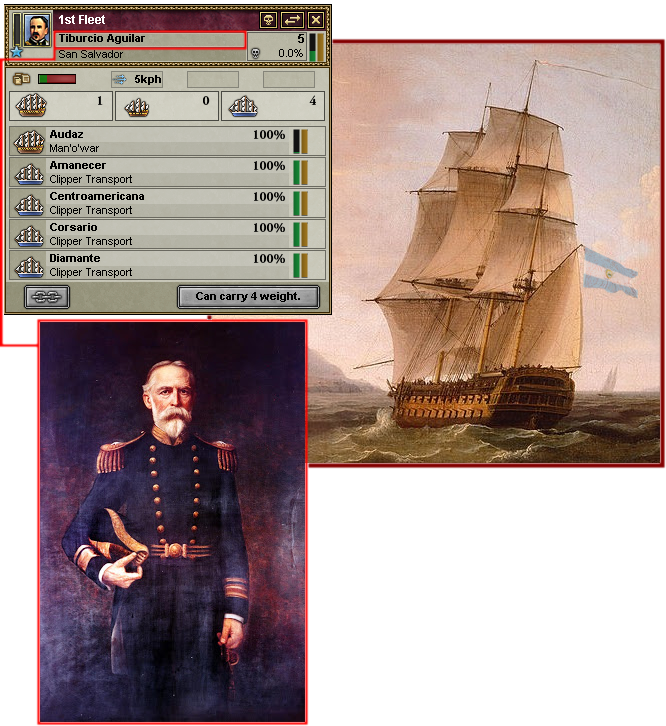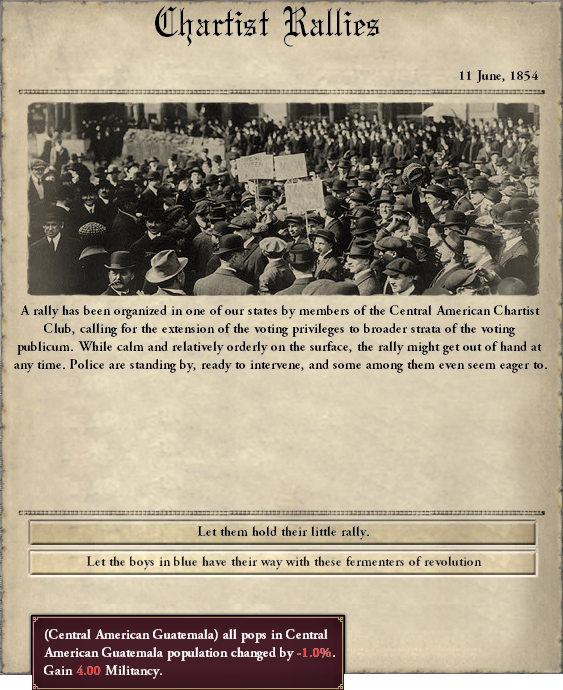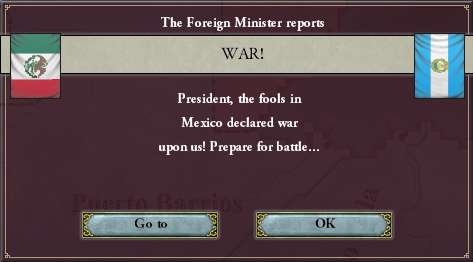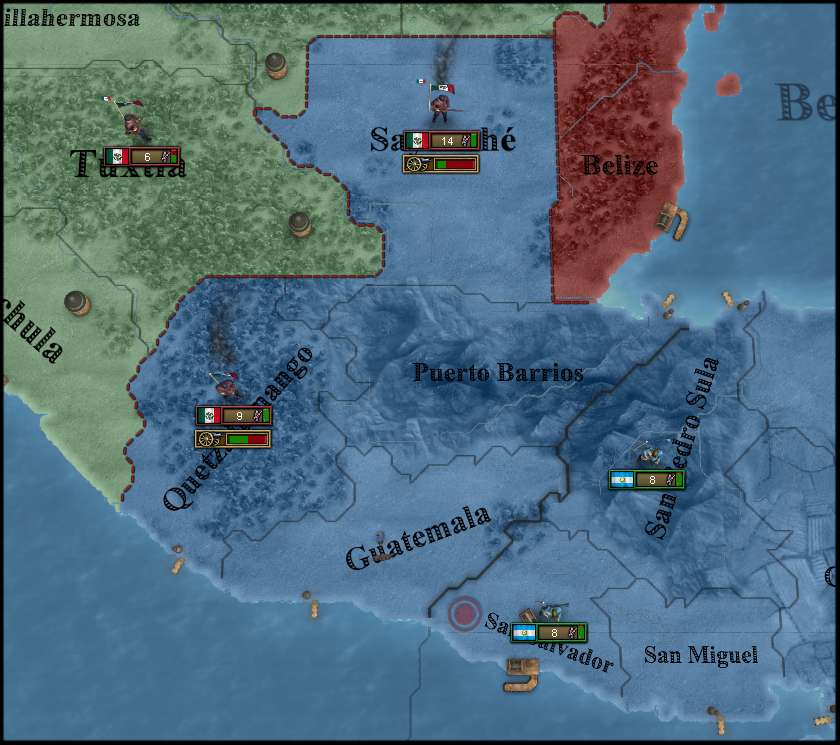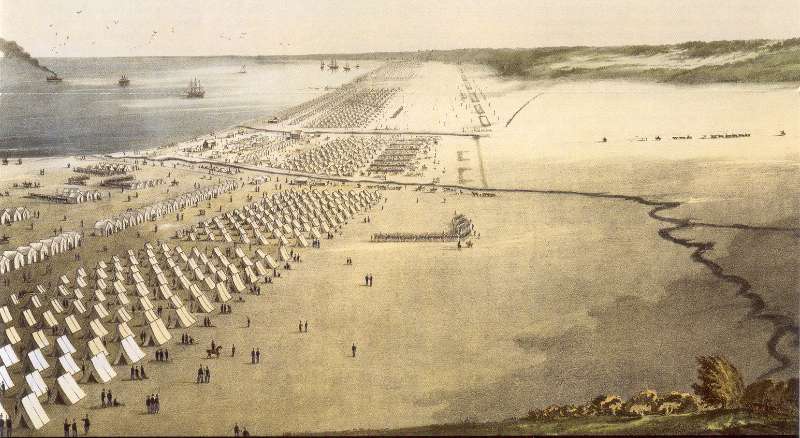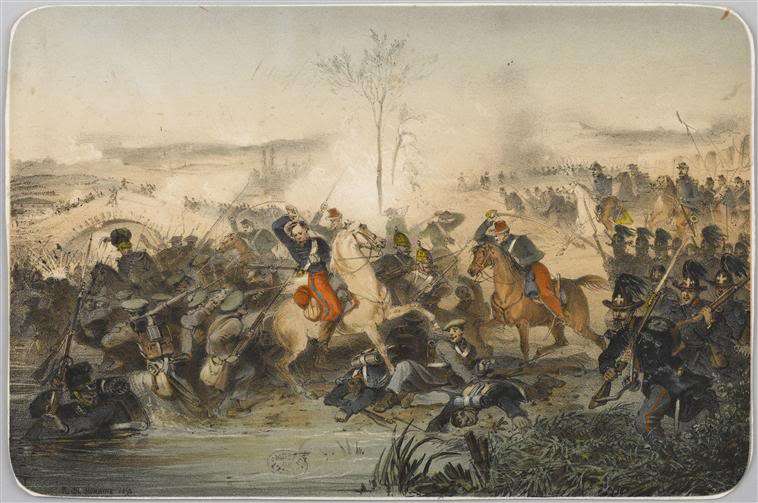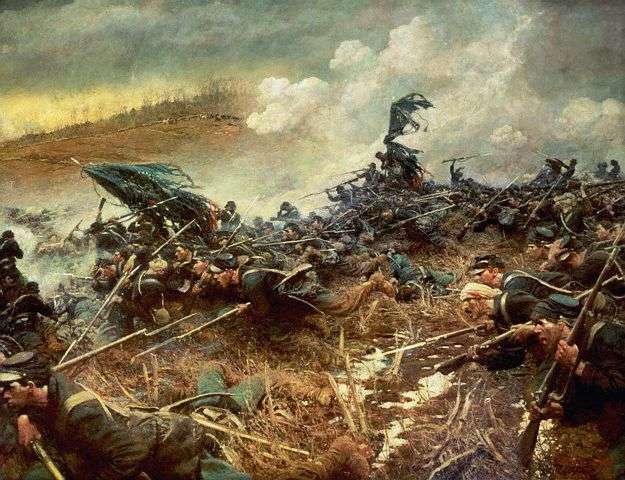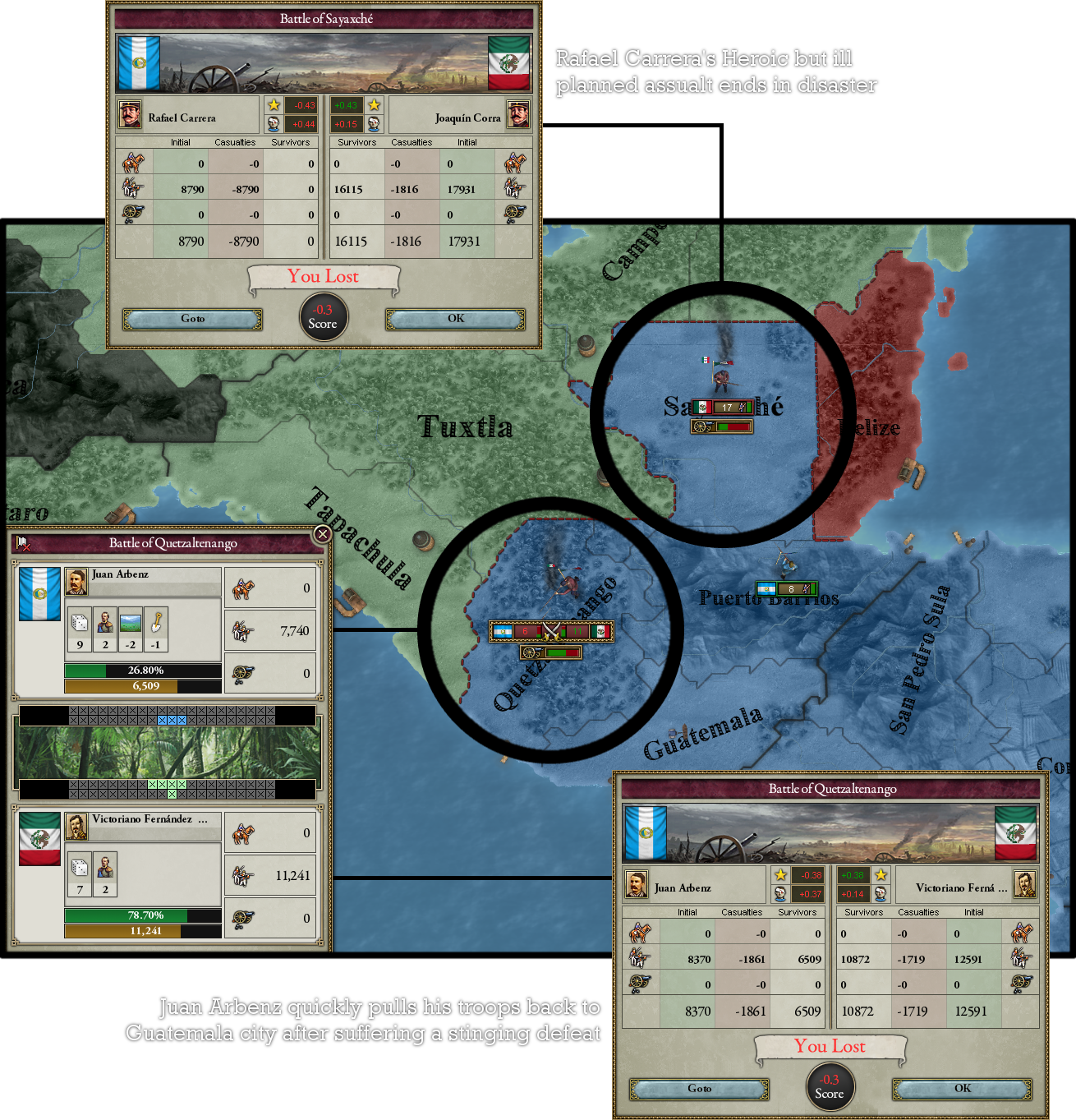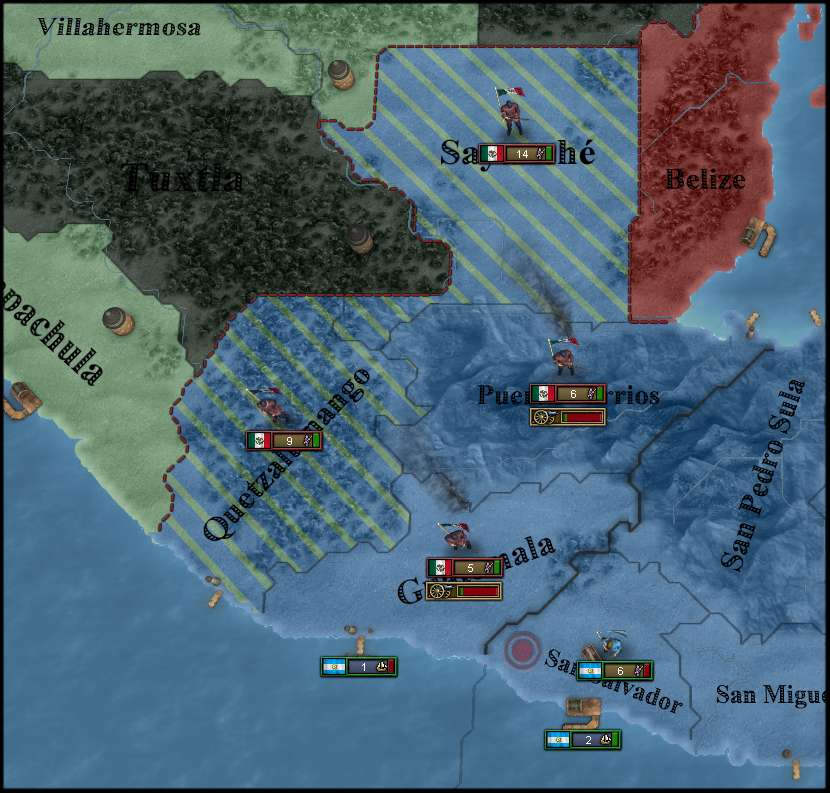The council was once again seated around the conference room table, discussing the threat of war. This time, however, they were not the ones planning the invasion, but instead planning the defence.
"Do we have any response from the United States?" Rafael Carrera's voice was strained, cracked, and troubled.
Juan Arbenz, the President of Honduras, sifted through a number of letters scattered haphazardly over the table. "Not yet, Señor."
Carrera's face was sullen. "And Colombia?"
"They are still recovering from their second war with Brazil. I don't foresee any threat." President Arbenz spoke assuredly, trying to perk the usually defiant mood of Carrera.
"We must work under the assumption that the United States will not be intervening." President Eugenio Chavez said sternly. "Venezuela has sent a shipment of small arms in support, but it is all they are willing to offer."
Alexios Jimenez leaned forward, resting his arms on the edge of the large oak table. "Then we will have to trust in God."
Carrera seemed to stir slightly from his morose. "Mexico will invade Guatemala in a years’ time, maybe less." He rose to his feet abruptly "Until then, we must move forward without the support of our supposed allies."
The men of the council responded with nods and subtle grunts of agreement.
"I am appointing General Fernando Palacios as Secretary of War for this campaign. He already has my orders."
Fernando Palacios, the star of Rafael Carrera's military plans, fought during the invasion of Haiti and led forces in Columbia.
He was awarded with commissions and a seat in the Senate for his devotion to the Nacionalista's.
Without any further words, Rafael Carrera left the council chamber. Recently he had been spending more of his time in prayer than with Congress, and today it seemed would be no different, regardless of the looming threat of invasion.
In his absence, the Council of Presidents was ineffectual at managing affairs of state. As news of the Mexican invasion spread throughout the Republic, the council was unable to calm the concerned populace. Carrera, whether viewed as a tyrant or a saviour by his people, had the innate ability to ease worry and inspire confidence. But for the first time in his presidency, even he seemed unsure.
His concerns were understandable. Mexico boasted a well-trained and well equipped army of nearly fifty thousand men. The Republic commanded a mere twenty, still armed with the same weapons they fought with at the turn of the century. The Mexican navy was ten times larger, and would have little trouble blanketing the Pacific and Caribbean coasts with cannon fire. In his concerns, Carrera turned to the only place he could find comfort and wisdom. The Church.
In his virtual absence, the newly appointed Secretary of War was quick to begin preparations. He was given "carta blanca" over the command of the military, under Carrera's direct orders only. His first act was a campaign to recruit the Republics first major cavalry forces, with the hopes of building a army of six thousand dragoons before the end of the year.
These recuitment posters could be
found in every public meeting place
around Guatemala
Taxes were raised to their highest levels since the civil war, and all available funds were diverted to war preparations. Artillery, rifles, and ammunition was stockpiled in forts across the country. Efforts in the iron mines of Quetzaltenango were tripled, with workers forced to labour for long, arduous hours, and dig deeper than ever. Each bar of iron pushed out of the mine was soaked in the blood of the workers, but it was essential to produce enough weaponry to survive.
By late August in 1853, Admiral Corral christened the grandest ship built in the shipyards of Los Libertad; The Audaz. The new flagship of the Pacific fleet was the first in a line of ships built on both coasts, doubling the size of the Republican navy.
Corral, near retirement, chose to grant command of the ship to rear-admiral Tiburcio Aguilar, content to end his commission as Secretary of the Navy fighting one last war with his favorite vessel, the Cartago.
As the new year dawned, more bad news came to the Chambers of Congress. William Marcy, the Secretary of State of the United States of America, sent his ambassador to discuss the threat of the Mexican invasion. Much to the dismay of Congress, but as was expected, the Americans would not be fighting with the Republic. The ambassador informed Carrera that Franklin Pearce, the President of the United States, was loathe to break his peace and cease-fire agreements with Mexico, having only just recently ended the Mexican-American war four years earlier. In a letter to Carrera, Marcy wrote:
"A large force ever ready to be devoted to the purposes of war is a temptation to rush into it. The policy of the United States has ever been, and never more than now, adverse to such establishments."
The Republic was truly alone.
In Carrera's absence, General Palacios enforced a stringent policy of party support, as a show of strength and unity. Blue jackets, in the style of the Republican military, were widely distributed. All able bodied men who were able to hold a rifle was expected to train every Sunday after mass. Presidential elections within the states of the Republic were frozen, officially ending all democratic process in Central America for the first time.
These changes, combined with the sweeping industrial and economic militarization of the state, began to take their toll on the people. In Guatemala, where the abuses were most severe, rallies were held asking for a return to democracy. Many people, the landed elites in particular, began to feel the threat of war was little more than a ploy being used to scare them all into submission under an increasingly tyrannical government. Carrera would have usually addressed the people personally, appealed to their nationalism and Christian virtues. Carrera, however, was absent, so it was left to Palacios.
General Palacios treated the rallies harshly. As the demonstrators marched through the central streets in Guatemala City, Palacios ordered his soldiers to encircle the streets and prevent the march. As the picketers were driven together into the main street, he ordered his men to open fire on the "Dissenting, ungodly, rebel scum."
The brutality had the desired effect. Under General Palacios iron fist, fear drove even the most vocal of dissenters into hiding. Palacios ordered a major campaign against any liberal and anti-government activist, calling for widespread arrests and executions. A dark cloud hung over the country, and its leader, Rafael Carrera, shouldered much of the blame. When even the senate and the Council of Presidents challenged General Palacios actions, he would simply say he was acting under orders. The few times Carrera was present in Congress with his government, he would affirm it.
Carrera had grown more erratic over the next few months, spending all of his time deep in prayer and effectively leaving affairs of state in the hands of General Palacios and the Council of Presidents. He spoke of dreams and visions, stringing together an incoherent dialog of Gods plan for the Republic, leading many of his closest advisers and friends to believe he was slipping into madness.
On July 2nd, 1854, it began.
The Mexican invasion would come swiftly and mercilessly. An army thirty thousand strong poured over the border like a rushing torrent, sweeping into the northern most departments of Guatemala, catching the poorly numbered border guard massively outgunned and outnumbered. It would be several weeks until counter-attack forces could be organized and ready for any attempt at countering the flood of Mexican soldiers burning their way through the jungles of Guatemala.
Forces organized in San Salvador and San Pedro Sula, with Juan Arbenz commanding the southern army, and General Palacios in command to the north. Palacios ordered the regiments to wait, saying,
"Let the Mexicans exhaust themselves crossing the mountains. Let the jungles weaken their resolve. Once the Mexicans have expended their energy marching over the thick Guatemalan countryside and stretched their supply too thin, then we will strike."
It was then that Rafael Carrera awoke from his slumber. He charged out of San Salvador towards General Palacios northern army with a small compliment of personal guards and the Vice President in tow. Energized and invigorated, he spoke of his plan for victory. He spoke of the voice of God, commanding him it was time to attack.
When he arrived at General Palacios' camp, he immediately ordered a meeting with the General and the armies captains, instructing that he was taking command, and preparations should be made to march. Orders had already been delivered to the army in San Salvador, and Juan Arbenz was already on the move.
General Palacios was furious.
Palacios sat at a small, rickety wooden table in his white canvas tent. The table was adorned with maps and tiny status representing infantry and artillery. seated around him was Carrera and two of his most able captains.
"Señor, you have entrusted war preparations to me. You have entrusted this army to me! Let me lead my men!" He pleaded with Carrera, but the President would not waver. "God has commanded, General. I will not ignore Him."
Palacios scowled, the look of contempt on his face strong enough to radiate throughout the tent, sending shivers up the captains spines. "Leave your soul to God, Señor. Leave the war to me."
"Fernando," Carrera leaned forward over the table, unfazed by the anger oozing from Palacios. "You are still Secretary of War, and will be in charge of the counter-invasion in to Mexico. I am in charge of the liberation of Guatemala. As ordered, you will march with your dragoons to Costa Rica, and bring up the reserve forces. Am I understood?"
Palacios agitation only grew. "Señor, out of respect I will do as you order. But know that marching into Guatemala now will be the death of these men. It is suicide! God would know better!"
It was Carrera's turn to boil over. "Silence, General!" His voice boomed like the thundering trumpet of the Arch Angel Gabriel. "It is God that commands this army now. I will trust in him before I put my trust in any man."
General Palacios thrust his fist hard into the old table, splitting the surface and sending the tiny statues scattering to the dirt. He stormed out of the tent without saying another word. Carrera lept to his feet and followed him outside.
"General, you have served admirably, but
I am commander-in-chief!
I am the protector of the Republic! Through
Gods will
I built this nation from nothing!
Soy la República!"
Palacios stopped mid-step and turned to face Carrera. It seemed the very gates of hell were bursting open in his heart, filling his body with a seething rage barely kept contained. His teeth grit hard, his right hand resting firmly on the handle of his sword.
After a moment of cold stares, General Palacios breathlessly blurted "Si, Señor." before turning again and marching to his tent.
By the next morning, the General was riding with his Dragoons south to Costa Rica, and Carrera, now in charge of the army, was marching into Guatemala.
General Palacios forces, camped along the coast near San Pedro Sula.
His army made excellent time, reaching the jungles around the Sayaxché village in days. The Mexican scouts were already aware of their approach, and their army had made the necessary preparations.
As the Mexican regiments came into view, his own scouts returned indicating a force of maybe ten thousand were dug-in outside the village. Carrera's resolve was unwavering. He immediately ordered the assault, sending three thousand men through the jungles to hit the right flank, with him commanding six thousand more to charge directly into the Mexican forces. He and his personal guard of fifteen mounted dragoons surged to the front of their line. They would lead the attack from the front. "Never fight a Guatemalan in the jungles." he laughed confidently. As positions were settled, Carrera drew his sword and lifted it high above his head. He yelled "Through God, we will achieve victory!" before signaling the charge.
Rafael Carrera leads his forces through Guatemala, stopping near the Mexican camp to make final preparations.
The roar of the charge filled his ears. The heavy thud of his horse against the thick dirt rocked him up in his saddle. Amid the defiant yells from his men, he swore he could hear the song of angels. The boom of artillery fire exploded in thunderclaps over his head. They hacked their way through the brush and clearings, unafraid of the Mexican encampment growing closer. The first volley of rifle fire tore through the ranks, but Carrera's horse never slowed. His forces cleared the trees, unloading their volley of fire into the Mexican ranks. The first line dropped to reload their rifles, with the next wave charging between them at full sprint.
The sounds of bullets and cannons whizzing past Carrera's ears were drowned out by the pounding of his heart. He could taste the victory God had promised him. The whites of their eyes met his, his sword raised high, and with a crash more ferocious than the hurricanes waves on rocks he swung his sword down into the Mexican front line, his other riders one step behind.
Volleys of rifle fire gave way to the triumphant hurrahs of Republican forces drawing swords and pistols against the front line. Dust and black smoke billowed thick into the jungles, laced with the cries and screams of men falling to Carrera's sword. He knew it. He felt it. They were breaking. His right flank burst through the trees, bringing a second line of three thousand soldiers putting the Mexican regiment into a vice. Their superior numbers began to waver.
Carrera's blue jacket was soaked red with blood. He could no longer hear the sickening crash of metal, the screams and yells, the cannons or the rifles. Only the voice in his head, the voice of God, urging him forward, could be heard in his ears. The spray of blood and smoke did not dim his vision; the falling of his guardsmen around him didn't shake his resolve. The Mexican forces were soon enveloped. Their line broken, they began to fall back. Victory was his.
Rafael Carrera bravely leads his troops from the front against the Mexican army
Carrera's yells of triumph echoed out over the jungles, giving chase to the fleeing Mexican regiment. His army had suffered severe causalities, but it was as his visions predicted. Before he could turn to his men and give a triumphant speech of congratulations, the fire of artillery came from across the jungles, exploding around his forces. Shocked, he turned back to the jungle line where the Mexicans had retreated, only to see fresh soldiers marching out from the green. Their rifles lowered, and the first volley tore into his scattered and disorganized forces.
The first bullet struck Carrera square in the hip. A second and third hit his left shoulder, knocking him from his horse. As his men struggled to help him to his feet, all hope fled his body. "God has forsaken us." he choked, before collapsing into the blood-soaked mud. Out from the jungle, the full force of the Mexican army marched. Ten thousand men, rifles firing, charged straight for the scattered Republican forces. Carrera was hoisted up by one of his guardsmen and fled to the rear as the Mexican advance met the Republican line. The force dug in at Sayaxché was merely the bait, and Carrera had fallen straight into their trap.
The army of the Republic struggles to counter the Mexican assault
By the time the battle had ended, his army was totally annihilated. Only and handful of men, maybe twenty or thirty, managed to flee. The rest were killed or captured. Carrera was severely wounded, barely clinging to life. He was transported directly for treatment, first at San Pedro Sula and then to San Salvador.
To the south, Juan Arbenz forces met with a similar fate, only he had the wisdom to retreat before his army was destroyed, fleeing back through to Guatemala City.
Within weeks, Mexican forces were in total control of the border, and moving forces to Guatemala City. The state of Guatemala was lost.
Offers of peace, written and signed by the Mexican President Santa Ana himself, arrived at San Salvador. Vice President Jimenez read the terms to a broken and weary Congress. Mexico was demanding all of Guatemala, the complete disarmament of Central American forces, and the release of Panama to Colombia.
Vice-President Jimenez, feeling all hope was lost, began writing the treaty of peace.


